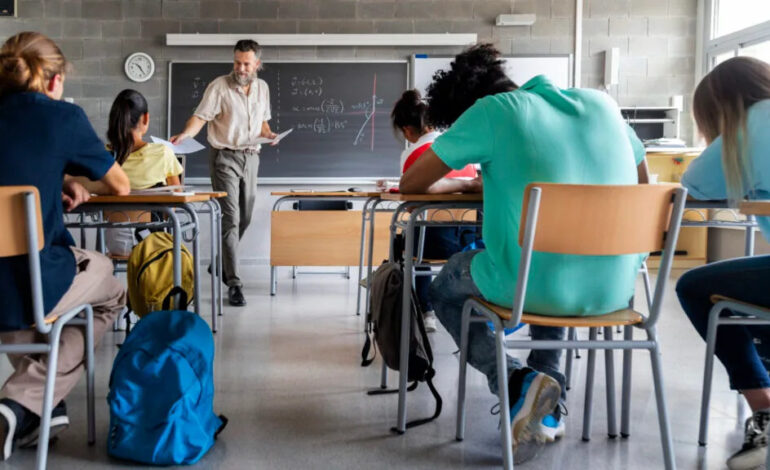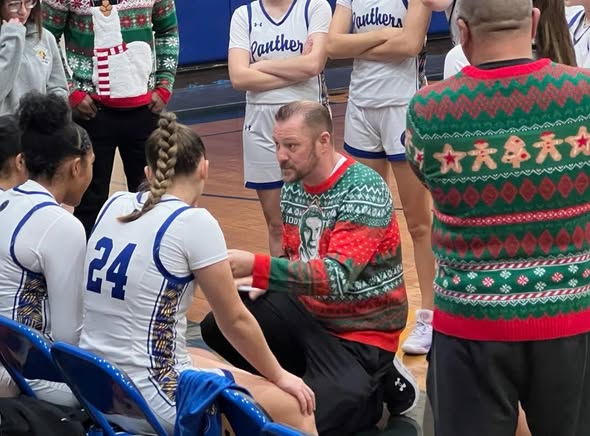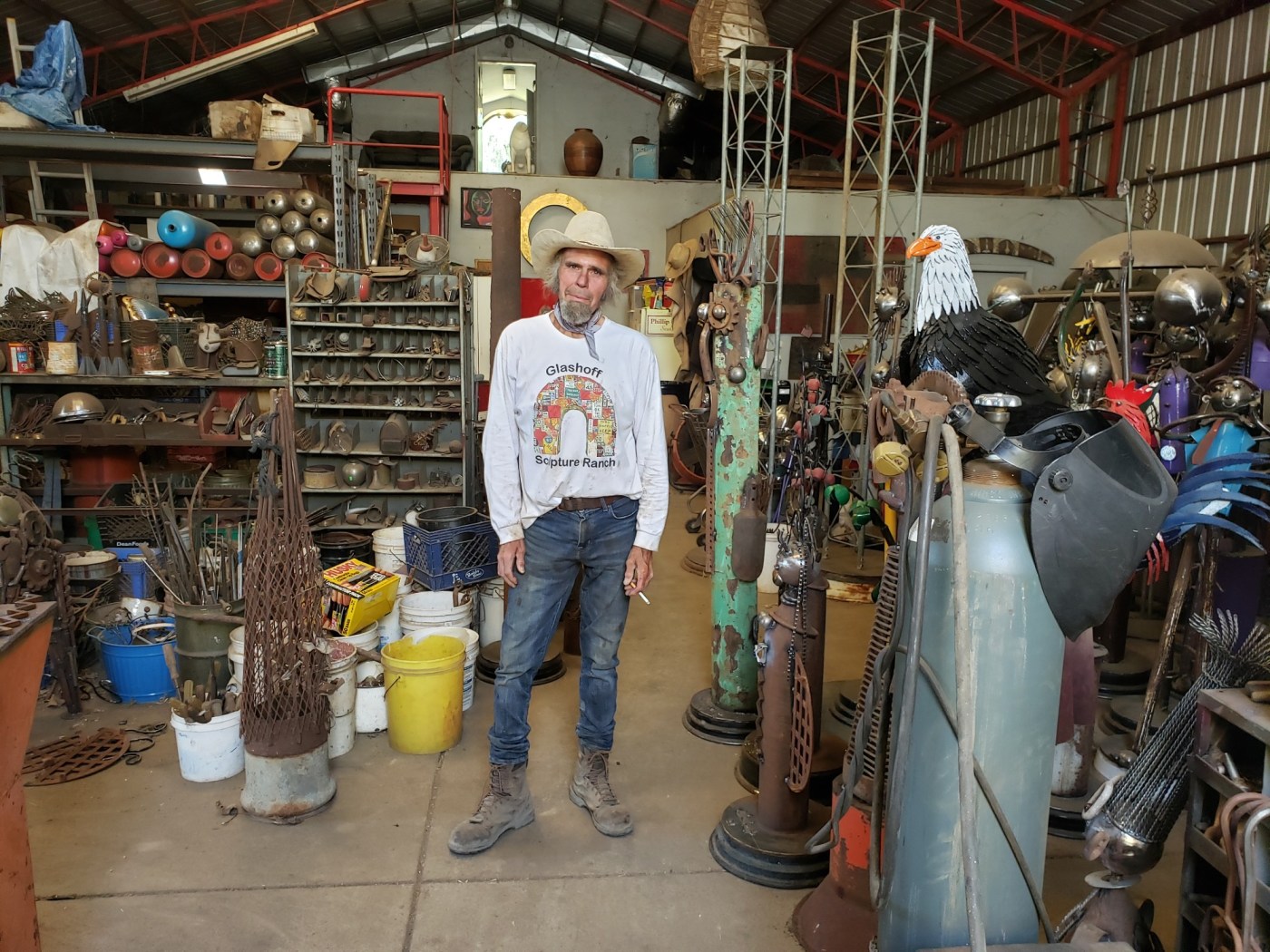University of Northern Iowa Drives $4.9M Initiative for Rural STEM Education

The University of Northern Iowa (UNI) is spearheading a significant initiative aimed at enhancing STEM education in rural elementary schools across the Midwest. This effort is made possible by a substantial grant awarded by the National Science Foundation (NSF), amounting to approximately $4.9 million. The funding will support the “National STEM Teacher Corps Pilot Program: Midwest Alliance for Rural Elementary Science,” a project designed to bolster math, science, and technology education in underserved areas.
Leading this initiative is Dana Atwood-Blaine, an associate professor at UNI. The program will involve collaboration with researchers from Iowa State University, University of Kansas, and University of Minnesota. Together, they aim to identify and assist exceptional STEM educators working in high-need classrooms, thereby fostering a stronger educational framework in these regions.
Support for Rural Educators
The NSF grant, which spans five years, will allow the Midwest Alliance to select 18 educators who are dedicated to advancing STEM learning. Each selected educator will receive an annual stipend of $12,000 for a duration of four years, in addition to mentorship and professional development opportunities. This initiative was established following the enactment of the CHIPS Act of 2022, which aims to promote and support STEM education nationwide.
Atwood-Blaine expressed the significance of this program, stating, “Through this program, we have the opportunity to celebrate and strengthen the work of rural STEM teachers who are making a lasting impact on their students and communities.” The emphasis on recognizing the contributions of rural educators underscores the program’s goal to enhance the quality of education in these often-overlooked areas.
Building a Lasting Network
Beyond supporting individual teachers, the National STEM Teacher Corps Pilot Program aspires to establish a robust network of educators and researchers dedicated to improving rural elementary science instruction. The program will focus on employing hands-on activities and real-world applications to elevate student learning experiences. Additionally, it will investigate effective strategies for training teachers and enhancing science education in rural settings.
“The Midwest STEM Alliance will help ensure these teachers receive the recognition, resources, and growth opportunities they deserve,” Atwood-Blaine added. The initiative aims to elevate science instruction while integrating literacy and mathematics, ultimately fostering a comprehensive educational environment that benefits students in rural communities throughout the Midwest.
Through this targeted effort, the University of Northern Iowa and its partners hope to create a sustainable impact, enabling future generations to thrive in STEM fields and ensuring that rural education is not left behind.






